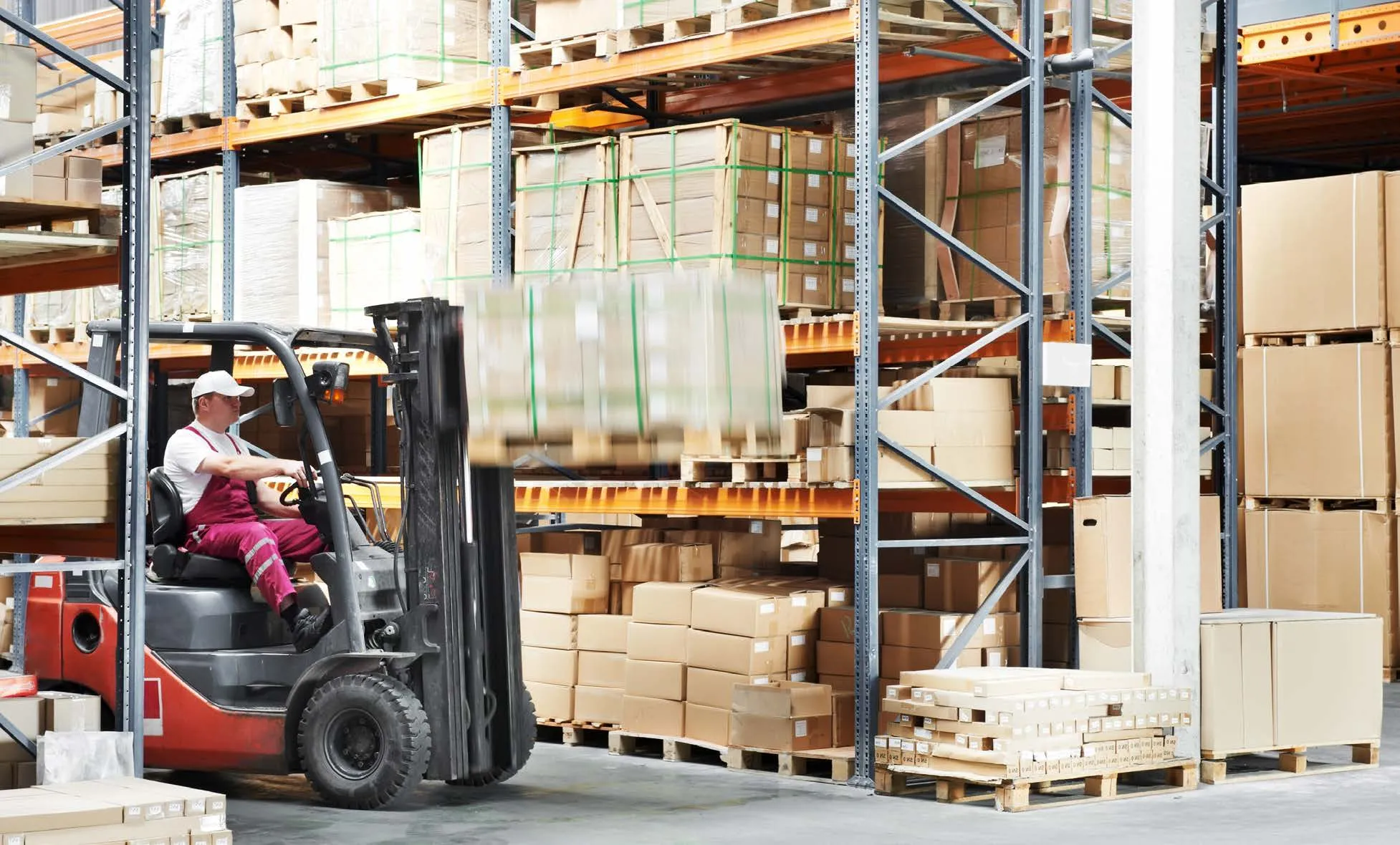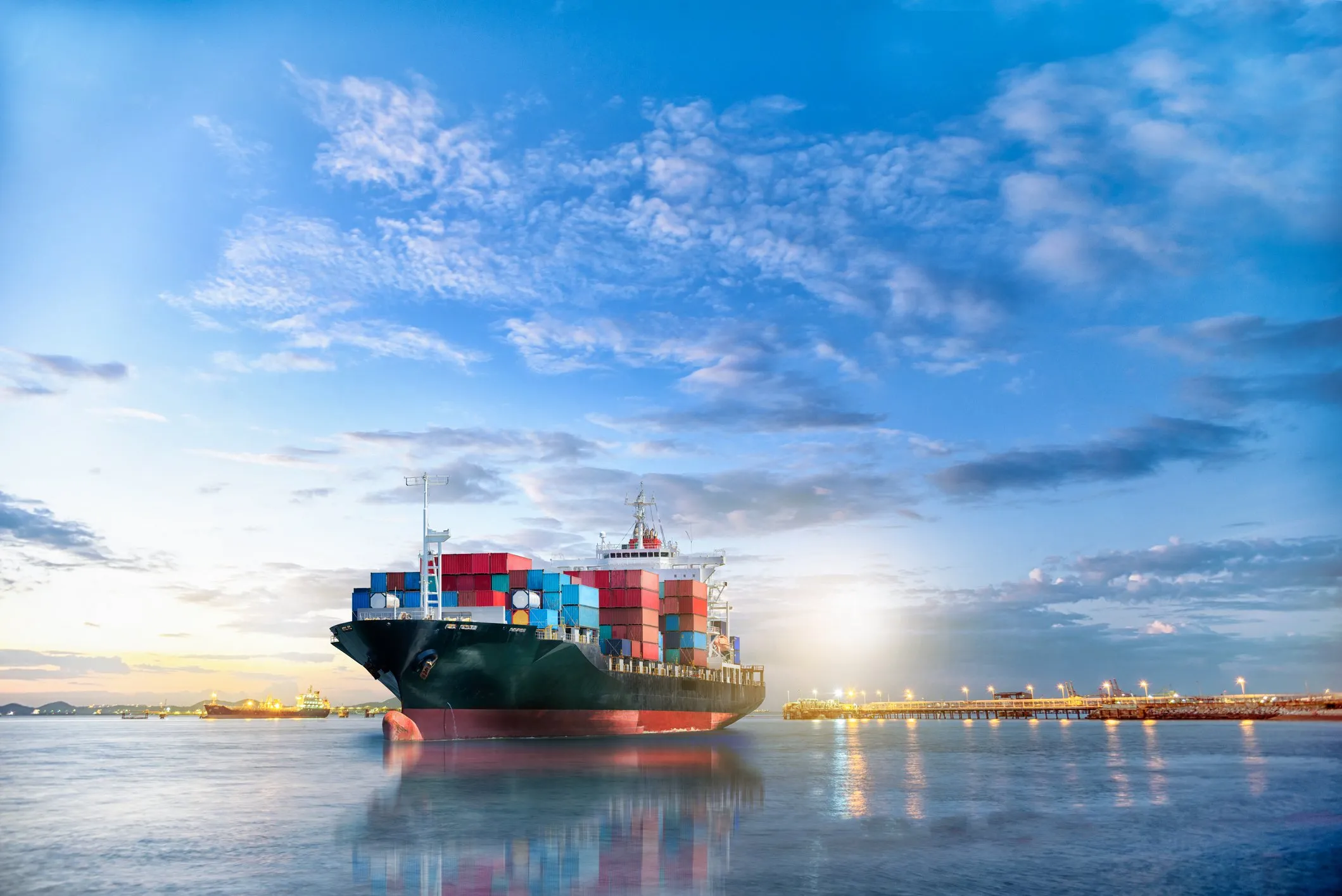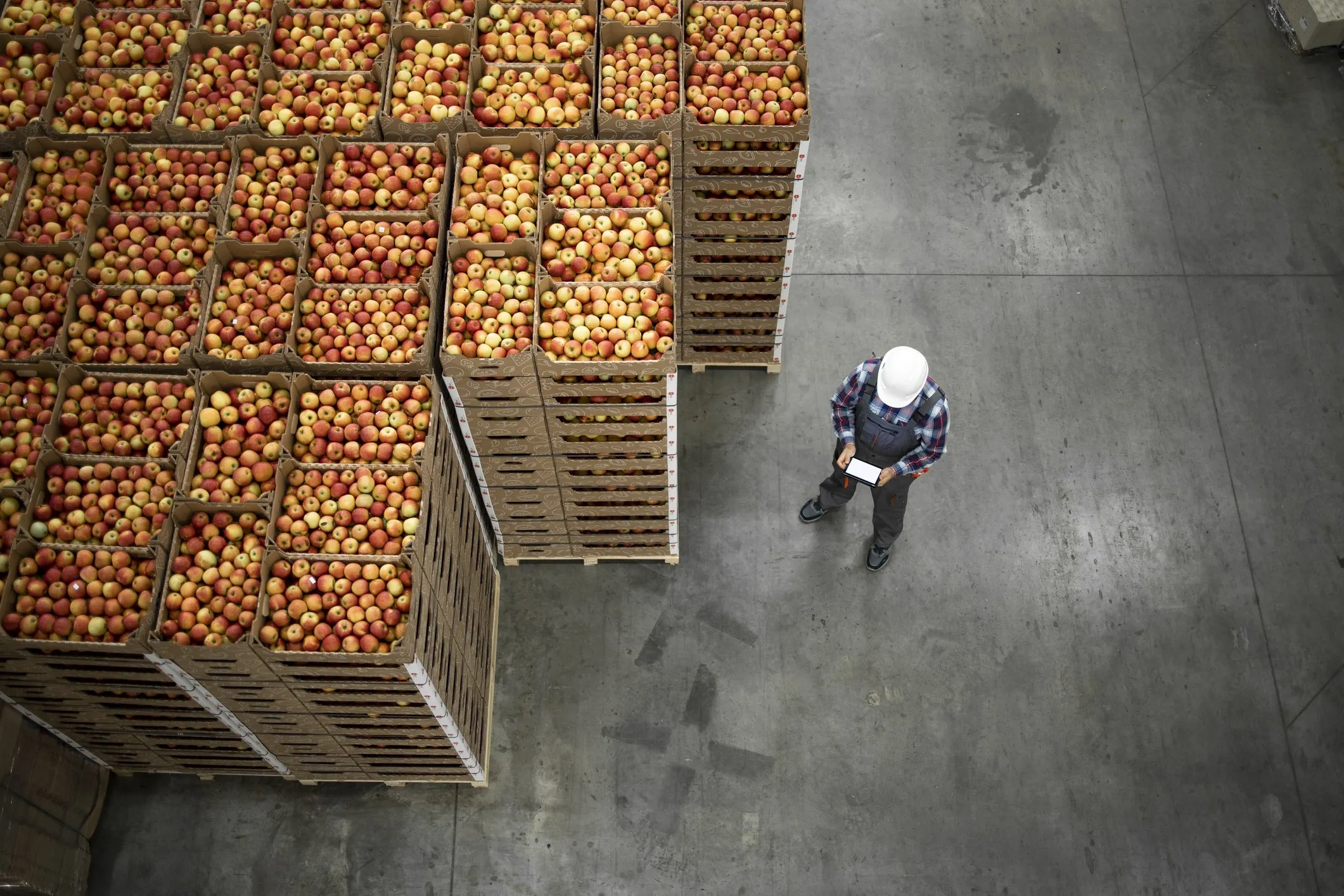Distribution and logistics companies play a critical role in the global economy by ensuring that products reach consumers in an efficient manner. However, this industry is not without its challenges. Seven of these challenges, as well as how distribution and logistics companies can navigate them to maintain a competitive edge, include:
- Supply chain disruptions: One of the most significant challenges that distribution and logistics companies face is supply chain disruptions. These disruptions can be caused by various factors, including natural disasters, political instability, and global health crises, such as the COVID-19 pandemic. When supply chains are disrupted, it can lead to delays in product delivery, increased costs, and customer dissatisfaction. To mitigate this challenge, companies can invest in supply chain visibility and risk management strategies.
- Rising fuel costs: Fuel costs are a major expense for distribution and logistics companies, particularly those that rely on trucks and other vehicles for transportation. Fluctuations in fuel prices can significantly impact operating costs and profit margins. To address this issue, many companies are adopting more fuel-efficient technologies, such as electric or hybrid vehicles in their fleet, and implementing route optimization software to minimize fuel consumption.
- E-commerce growth: The rapid growth of e-commerce has transformed consumer expectations and added complexity to the distribution and logistics landscape. Companies must now handle smaller, more frequent shipments and provide fast and convenient delivery options. This shift requires investments in advanced technology and automation to streamline order processing and meet customer demands for quick delivery.
- Labor shortages: Finding and retaining qualified labor is a persistent challenge for companies across a variety of sectors, and it has not spared the distribution and logistics industry. These organizations often face high turnover rates, seasonal labor demands, and the need for specialized skills. As a result, companies are exploring ways to improve employee retention through training and development programs and are increasingly turning to automation and robotics to supplement their workforce.
- Regulatory compliance: Distribution and logistics companies must navigate a complex web of regulations and compliance requirements, especially when operating across international borders. These regulations encompass everything from customs documentation to environmental standards. Staying up to date with changing regulations and ensuring compliance can be resource-intensive, but it is crucial to avoid legal and financial penalties.
- Inventory management: Effective inventory management is paramount to ensuring that products are available on a timely basis. Distribution and logistics companies often grapple with challenges related to overstocking, understocking, and inventory accuracy. To address these issues, many are adopting advanced inventory management systems and leveraging data analytics to optimize inventory levels.
- Environmental concerns: Environmental sustainability is becoming increasingly important for distribution and logistics companies. Customers and stakeholders expect these companies to reduce their carbon footprint and adopt eco-friendly practices. This involves implementing sustainable transportation options, reducing packaging waste, and optimizing routes to minimize emissions.
As noted, distribution and logistics companies face a myriad of challenges in today's fast-paced and ever-changing business environment, all of which require careful consideration and strategic planning. Successful companies in this industry are those that embrace innovation, invest in technology, and remain adaptable to address these challenges while delivering exceptional service to their customers.
Citrin Cooperman’s Manufacturing and Distribution Industry Practice professionals possess extensive knowledge that can help guide distribution and logistics companies through the intricate obstacles they often encounter. For more information, reach out to your Citrin Cooperman advisors or contact Julissa Figuereo at jfiguereo@citrincooperman.com.
Related Insights
All InsightsOur specialists are here to help.
Get in touch with a specialist in your industry today.






